California DSCR Loans for STR Financing
Grow Your Portfolio with DSCR Loans
Whether you're acquiring rental homes in Los Angeles, multi-units in San Francisco, or vacation properties in San Diego, our DSCR loans
deliver the flexibility and competitive terms California investors need to compete. California DSCR loans are perfect for those financing high-value STRs or scaling portfolios across major metros. We don’t look at your personal income or tax returns — only the property’s cash flow and ability to support the loan.
How to qualify
To obtain a quote, we will need the following information:
Property Value and
Purchase Price
Down Payment
Amount
Credit Score
Asset Types
- Single Family Homes
- Townhomes
- Condos
- 2 - 4 Units (Duplex, Triplex, Quadplex)
- Multi-Family: 5 - 8 Units
- Mixed-Use: 2 - 8 Units
- Multi-Family: 9+ Unit
Loan Terms
- Loan Sizes:
$100k up to $3.5 Million (Larger loan sizes available on a case by case basis)
- Purchase LTV:
Up to 85%
- Rate & Term Refinance LTV:
Up to 80%
- Cash Out Refinance LTV:
Up to 80%
- Amortization:
30 Year % 40 Year Amortization Options Available
- Term Lengths:
5/6 ARMs, 7/6 ARMs, 10 Year Interest Only, 30 Year Fixed & 40 Year Fixed
- Floor Rate:
5.50% (subject to change daily due to market volatility)
- Full Recourse
with personal guarantee required for all borrowers with majority ownership (typically 20%+ or 25%+ if closing in an Entity)
- DSCR Requirement: 1.00x or greater depending on loan size and property type. Sub-1.00x DSCR and NO DSCR options available.
- Vesting:
Lending to Individuals, LLCs, and Corporations. Trusts Allowable on a Case by Case Basis.
- Average Time to Close:
14 to 35 days
Wondering if you qualify for investment property financing in your area?
Frequently Asked Questions
What is a DSCR loan and how does it work for California real estate investors?
A DSCR loan (Debt Service Coverage Ratio loan) is designed for California real estate investors who prefer to qualify based on a property's income rather than personal earnings. Approval is based on whether the rental income can fully cover the property's debt obligations. This asset-based approach works especially well in high-value markets like Los Angeles, San Francisco, and San Diego, where STR income often exceeds loan requirements. DSCR loans offer a faster, more flexible path for California investors to build or scale rental portfolios without submitting tax returns, W-2s, or meeting strict debt-to-income limits.
How is DSCR calculated in a typical loan scenario for California investors?
California lenders calculate DSCR by dividing a property's net operating income (NOI) by its annual debt obligations. For instance, if a California property generates $150,000 in NOI and has $120,000 in total debt service, its DSCR would be 1.25. This indicates the property earns more than enough to cover its loan, a positive signal for approval. In competitive California markets, many lenders expect a DSCR of 1.15 or higher, especially for short-term rentals. Understanding how DSCR works in California helps investors gauge financial performance and navigate strict underwriting standards. Whether you're acquiring units in Los Angeles, San Diego, or Sacramento, a strong DSCR is crucial for securing financing in California’s high-stakes real estate market.
What is considered a good DSCR ratio when applying for financing?
In California, a good DSCR ratio is typically 1.25 or above. While 1.00 is often the minimum accepted by lenders, properties with higher DSCRs are considered more secure and are easier to finance. California markets—especially high-cost areas like Los Angeles, San Francisco, and San Diego—often demand stronger ratios to offset market volatility. A 1.30 DSCR in California can offer better rates and fewer conditions. Investors purchasing STRs or long-term rentals across California should aim for the best DSCR possible to maximize leverage and minimize lender friction. Understanding DSCR benchmarks in California is essential for financing in today’s competitive environment.
Can I qualify for a DSCR loan if my personal income is limited?
Yes, you can qualify for a DSCR loan even if your personal income is limited. DSCR loans, often referred to as Airbnb loans when used for short-term rental properties, are designed to approve borrowers based on the income the property generates—not personal W-2s, tax returns, or debt-to-income ratios. Lenders calculate the property's debt service coverage ratio to determine if the income is sufficient to support the loan. As long as the DSCR meets the required threshold—usually 1.00 or higher—you can often be approved regardless of personal income. This makes Airbnb loans ideal for self-employed investors, business owners, or anyone scaling a rental portfolio without relying on traditional underwriting standards.
How does a lender evaluate rental income when approving a DSCR loan?
In California, rental income evaluation for DSCR loans is based on the property’s ability to cover its debt obligations—not the borrower’s personal income. California lenders typically review leases, market rent comparables, or STR revenue history to determine the property’s income. That figure is then used to calculate the DSCR by dividing it against expected loan costs. California borrowers can qualify as long as the DSCR meets the lender’s minimum—often 1.00, though higher is preferred. This method allows investors across California to qualify based on asset performance. DSCR loans in California are especially useful for those in fast-moving or high-cost rental markets. Some borrowers also compare these structures to other mortgages or rental loans when evaluating long-term financing strategies.
What’s the minimum debt service coverage ratio required for approval?
In California, the minimum DSCR required to qualify for most DSCR loans is 1.00, but that’s often just the starting point. Due to California’s high-cost markets and regulatory environment, many lenders prefer a DSCR of 1.25 or higher to offset risk. While some California lenders will allow a DSCR as low as 0.75, these loans typically require strong compensating factors such as high reserves or significant equity. California investors targeting properties in cities like Los Angeles, San Diego, or San Francisco may face tighter underwriting standards. DSCR loans in California offer excellent flexibility for scaling, but meeting the preferred minimum is essential. Understanding what qualifies as an acceptable DSCR in California helps investors navigate the lending landscape and secure favorable terms for long-term success.
Who should consider using a DSCR instead of a traditional loan?
These loans are perfect for self-employed individuals, LLCs, and investors managing multiple properties. California borrowers often choose DSCR loans to avoid the burdens of income documentation, especially in high-cost markets like Los Angeles or San Diego. By focusing on rental income instead of tax returns, California investors can grow their portfolios faster and more efficiently. DSCR loans in California offer a flexible solution for those with non-traditional income or complex financials.
Looking to expand your investment footprint outside of California? You can tap into the same streamlined DSCR financing in nearby markets like Oregon , Nevada , and Arizona , giving you flexibility to scale your portfolio across the West with confidence.
Disclaimer: DSCR loans are specialized real estate financing products and may differ from traditional mortgage loans or non-QM loans. Program terms, rate options, LTV limits, refinance opportunities, and rental property requirements can vary by lender. Some offerings may consider rental income, bank statement documentation, or other alternative guidelines used by DSCR lenders. All details provided here are for general information only and may change as market conditions, capital availability, and mortgage guidelines evolve. Always consult a qualified lender or financial professional before making investment or mortgage decisions.



